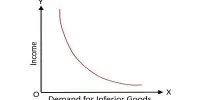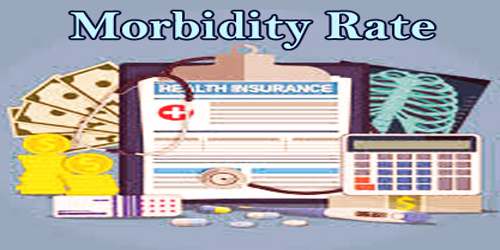Consumption tax
A consumption tax is a tax on spending on goods and services. The tax base of such a tax is the money spent on consumption. Consumption taxes are usually indirect, such as a value-added tax. However, it can also be structured as a form of personal taxation, as a sales tax, or as an income tax that deducts investments and savings. A direct consumption tax may be called an expenditure tax, a cash-flow tax, or a consumed-income tax, and can be flat or progressive.
Types
Value-added tax (VAT)
This tax applies to the market value added to a product or material at each stage of its manufacture or distribution. If a retailer buys a shirt for $20 and sells it for $30, this tax would apply to the $10 difference between the two amounts. A simple VAT is regressive in that lower-income consumers generally consume a higher fraction of their income than others, and the VAT does not apply to income that is saved/invested. VATs often exclude certain goods, with the intent of creating some degree of progressivity. It is widely used in countries within the European Union.
Sales tax
This tax typically applies to the sale of goods, and less often, to the sales of services. The tax is applied at the point of sale. Like VAT, simple sales taxes hit lower-income consumers harder than others, leading to exemptions for basic items such as food.
Excise tax
This tax is a sales tax that applies to a specific class of goods, typically alcohol, gasoline, or tourism. The tax rate varies according to the type of good and quantity purchased and is typically unaffected by who purchases it.
Personal consumption tax
This tax applies to the difference between an individual’s income and increase/decrease savings. Like the other consumption taxes, simple personal consumption taxes are regressive. However, because this tax applies on an individual basis, it can be made as progressive as a progressive personal income tax. Just as income tax rates increase with personal income, consumption tax rates increase with personal consumption.















